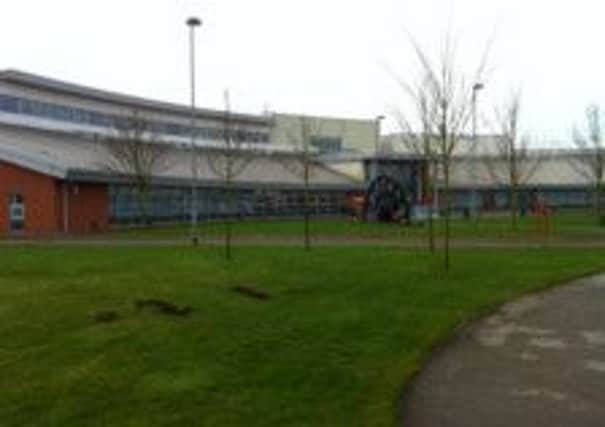Bolsover District Council boasts fifth council tax freeze


Councillors met last Wednesday and agreed the freeze for the financial year 2015/16 to help families who face spikes in household bills and reductions in benefits and allowances.
The council agreed a budget requirement of £13,119,526 for 2015/16 which will be invested to provide local services – all for an average cost of just over £2 a week for the majority in Band A properties.
Advertisement
Hide AdAdvertisement
Hide AdCouncil leader Eion Watts said “We don’t feel it’s fair to push our budget problems on residents. That’s why we’ve agreed to freeze our portion of the bill. These cuts are not new. We’ve had to deal with them for the past four years. But we’re in a good position. The work our officers and members have done in putting in place a good, sound financial plan is proving its worth.”
Despite cuts in its grant funding from central government, the council continues to meet savings targets and claims to continue to deliver good services. The council must continue to make savings and is also expecting reductions in government grants of £1m in the financial years 2016/17 and 2017/18.
Cllr Watts added: “Many councils would love to be in our position.
“We’ve not lost hundreds of jobs, we’ve not cut services, we continue to build council houses, we continue to freeze our council tax bill and continue to invest in services and facilities. So we’re in a really good position.
“We know these cuts in our funding will not stop.
Advertisement
Hide AdAdvertisement
Hide Ad“That’s why we have a plan that by the end of the 2018/19 financial year we aim to be self sufficient and not reliant on Government grants - and we are on track at present.”
The district council collects council tax but only receives about 10per cent of the total and the remainder goes to the county council, police, fire service and other authorities.